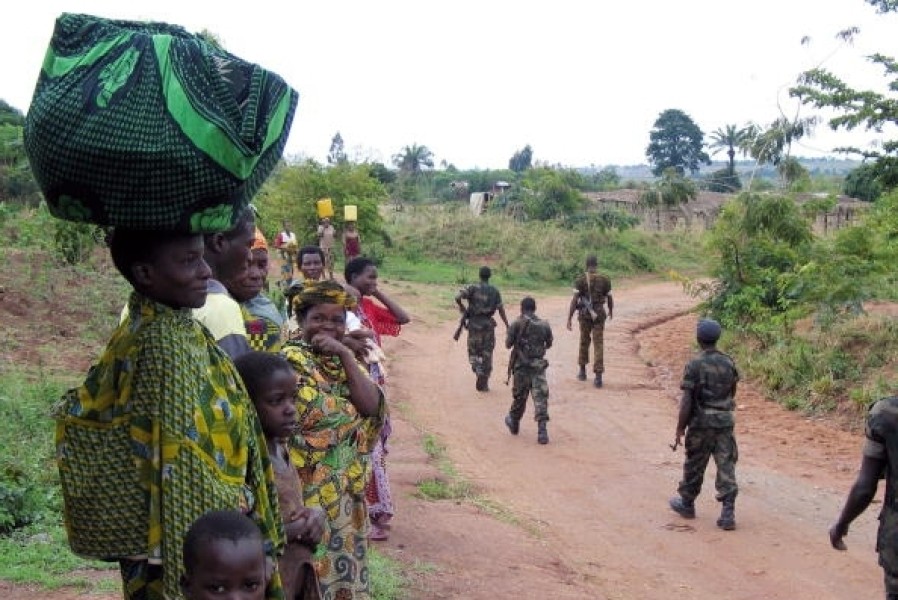Background: Ethnic Violence, a Fledgling Democracy
Burundi suffered repressive military dictatorships and violent conflict between Hutus and Tutsis since independence in 1962.
After a coup in 1987, tensions between ruling Tutsis and majority Hutus escalated. Tens of thousands of people died and tens of thousands of refugees fled to neighboring countries. Full-scale civil war broke out in 1993, following the assassination of the first Hutu president elected since independence.
Peace talks to end the conflict began in 1998. In 2000, the principal parties representing Hutu and Tutsi interests signed the Arusha Peace Accord. The Accord established a transitional government, mandating a power sharing arrangement between Hutu and Tutsi groups.
The Accord called for the establishment of a truth and reconciliation commission, a special tribunal to try perpetrators, and public consultation to inform decisions on what other forms of justice should be adopted.
After repeated delays, in July 2009 the government began this consultation process with assistance from the UN. A National Consultations Steering Committee (NCSC) of government officials, UN representatives, and local civil society groups organized focus group discussions, community gatherings, and interviews in all provinces. The NCSC submitted its report to the government in April 2010, but the government has yet to take action on its recommendations.
ICTJ's Role
ICTJ has worked with Burundian civil society and the government to ensure truth-seeking and prosecutions are simultaneously pursued.
- In 2005 the Burundian government initiated meetings between ICTJ representatives and government officials, civil society representatives, and the UN mission. We shared our experiences with truth commissions and criminal justice initiatives in Peru, Sierra Leone, South Africa, and Timor-Leste.
- We have built capacity of activists and policymakers in Burundi on how to plan for and implement a range of transitional justice approaches—including gender justice, reparations, prosecutions, and truth-seeking.
- We helped the Burundian government develop justice-sensitive security system reform through the implementation of a census and identification program in 2008–2009 for members of the national police force.
- In August 2010, we conducted trainings for activists and policymakers on the issues of disappearances and transitional justice, gender justice, and reparations, with partners ACAT-Burundi and Dushirehamwe.
- An ICTJ report, titled, «Le processus de justice de transition au Burundi : Défis et perspectives» was released on July 20, 2011.
